Politics
EU Intensifies Pressure: Six-Month Extension of Russia Sanctions
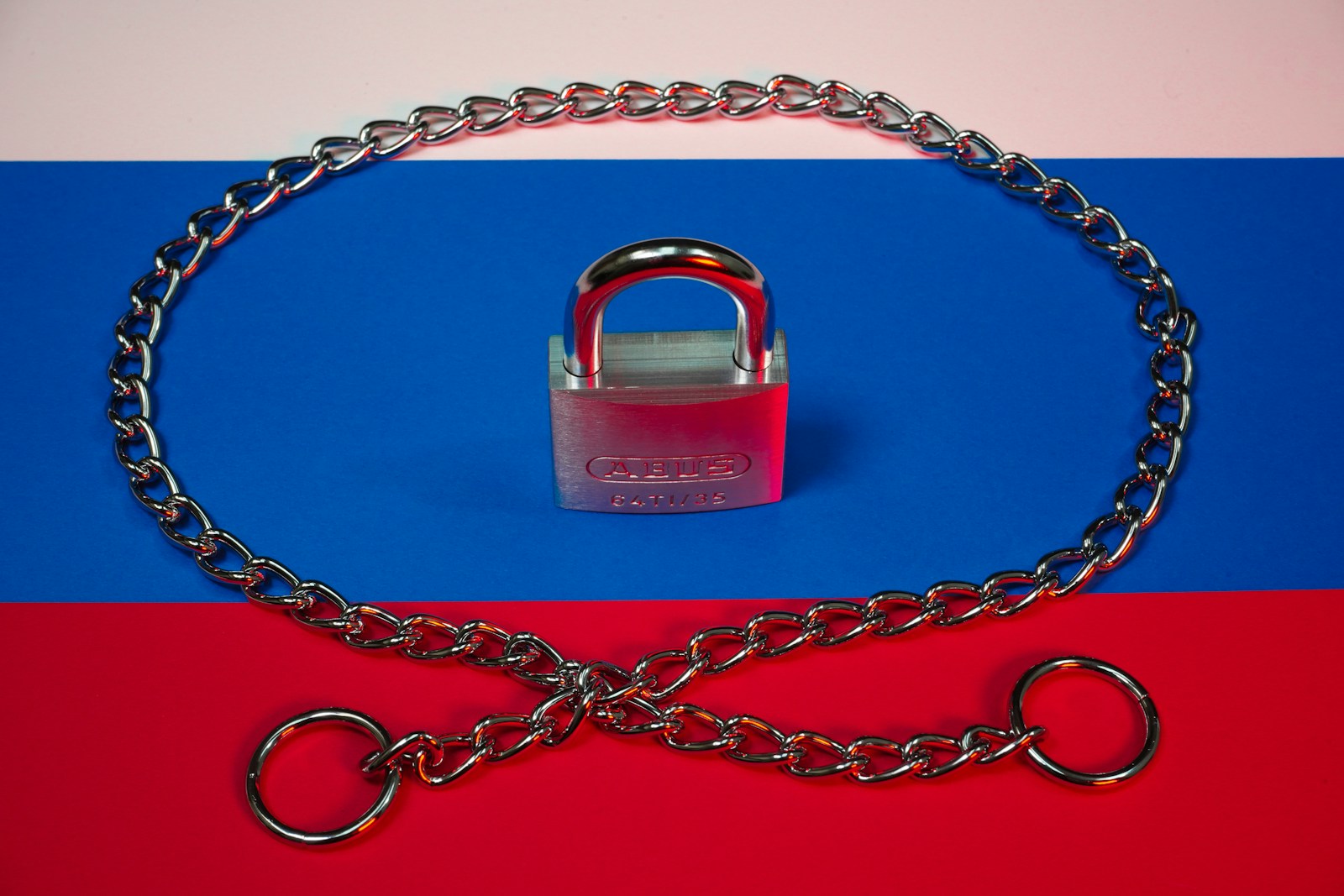
Brussels, [Current Date] – The European Council has chosen to extend its ranging sanctions, against Russia, for an additional six months due to the ongoing aggression and destabilizing actions by Russia in Ukraine. These measures, which were initiated in 2014 and amplified after Russia’s aggression in February 2022, will remain effective until January 31, 2025.
These sanctions are among the responses ever crafted by the EU. They cover sectors such as trade, finance, technology, dual use goods, industry, transport and luxury items. A key measure involves prohibiting the import or transfer of oil and specific petroleum products from Russia to the EU. This significantly impacts the revenue for funding military activities.
Financial Isolation and Media Restrictions
An aspect of the sanctions is isolating the economy financially. Several major Russian banks have been disconnected from the SWIFT payment system to disrupt transactions and economic stability, in Russia.
In addition, the European Union has taken action, against media outlets supported by the Kremlin that play a role in spreading information, suspending their broadcast licenses to limit the circulation of misleading narratives across Europe.
Moreover, the sanctions are crafted to be flexible and resilient against any attempts to evade them. Specific strategies have been implemented to detect and prevent any endeavors to work around the imposed limitations, ensuring that the sanctions remain effective over a period.
Continued Violations and International Law
The European Council has stressed that it is justifiable to uphold these sanctions as Russia persists in actions that violate international law, particularly regarding the prohibition on using force. These actions represent a breach of standards and responsibilities warranting an ongoing and possibly escalated response from the global community.
Historical. Broadening Measures
The initial set of sanctions began with Decision 2014/512/CFSP approved on July 31, 2014 in response to Russia’s actions in Ukraine, such as the annexation of Crimea. Over time, these measures have expanded to encompass a range. In addition to sector sanctions, the EU has imposed controls on economic dealings with Crimea, Sevastopol and areas in Ukraine’s Donetsk, Kherson, Luhansk and Zaporizhzhia regions not, under government control.
Sanctions, like freezing assets and imposing travel restrictions, have been enforced on various individuals and organizations connected to the actions.
Since February 24, 2022, the EU has implemented 14 sets of sanctions in response to Russia’s full-scale invasion of Ukraine. These actions are notably extensive and intense, reflecting the seriousness of the situation and the EU’s dedication to countering aggression.
EU’s Support for Ukraine
In its conclusions from June 27, 2024, the European Council reaffirmed its backing for Ukraine‘s independence, sovereignty and territorial integrity within recognized boundaries. The EU’s support encompasses financial, economic, humanitarian aid along with diplomatic assistance. The Council strongly condemned Russia’s escalated attacks targeting civilians and critical infrastructure like energy facilities.
The European Union’s choice to extend sanctions highlights its position against activities that threaten global peace and security. By prolonging these measures, the EU aims to maintain pressure on Russia while advocating for a resolution in line, with law.
Politics
Joint statement by the leaders of France, Germany, Italy, Poland, Romania, the United Kingdom, the President of the European Council and the President of the European Commission after a meeting with President Maia Sandu of Moldova (16 May 2025)
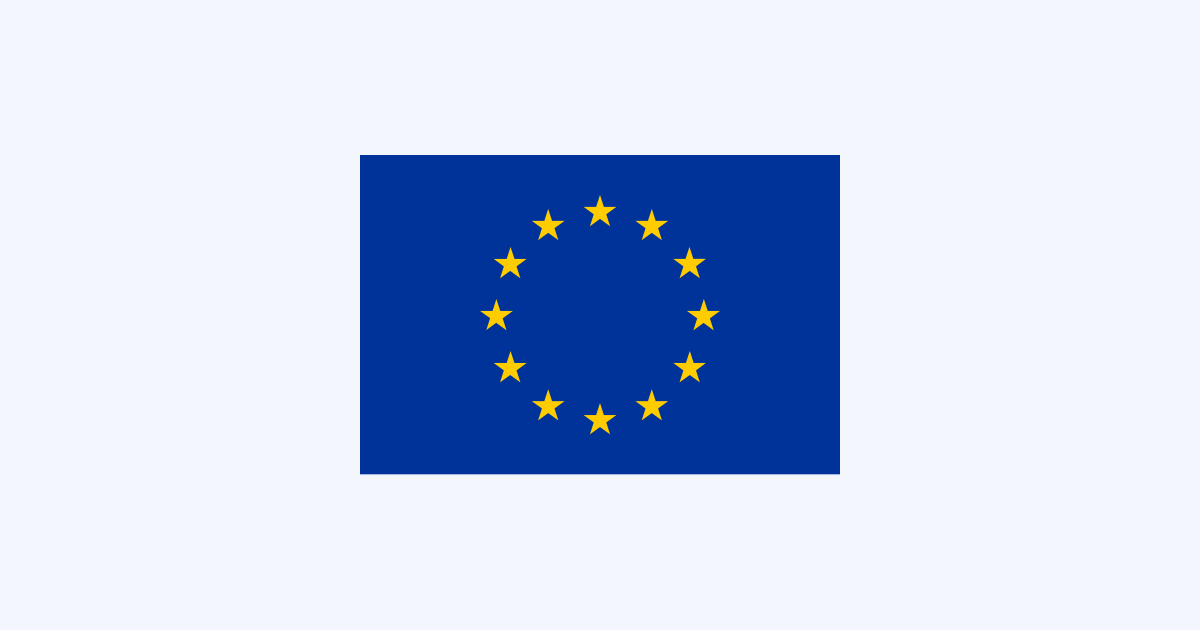

© FRVS+MPCP 2022. The European Times® News is registered as an EU Trademark. All rights reserved. The European Times® and the logo of The European Times® are EU trademarks registered by FRVS+MPCP.
Members/Partners of

About Us
Popular Category
DISCLAIMER OPINIONS: The opinions of the authors or reproduced in the articles are the ones of those stating them and it is their own responsibility. Should you find any incorrections you can always contact the newsdesk to seek a correction or right of replay.
DISCLAIMER TRANSLATIONS: All articles in this site are published in English. The translated versions are done through an automated process known as neural translations. If in doubt, always refer to the original article. Thank you for understanding.
DISCLAIMER PHOTOS: We mostly used photos images that are readily available online, from free sources, or from the people promoting the news. If by any chance it happens that we have used one of your copyrighted photos, please do not hesitate to contact us and we will take it down without question. We do not make profits as this is a not for profit project to give voice to the voiceless while giving them a platform to be informed also of general news, and it is completely free.
Editor Picks
Politics
EU reaffirms right to live free, equal and with dignity
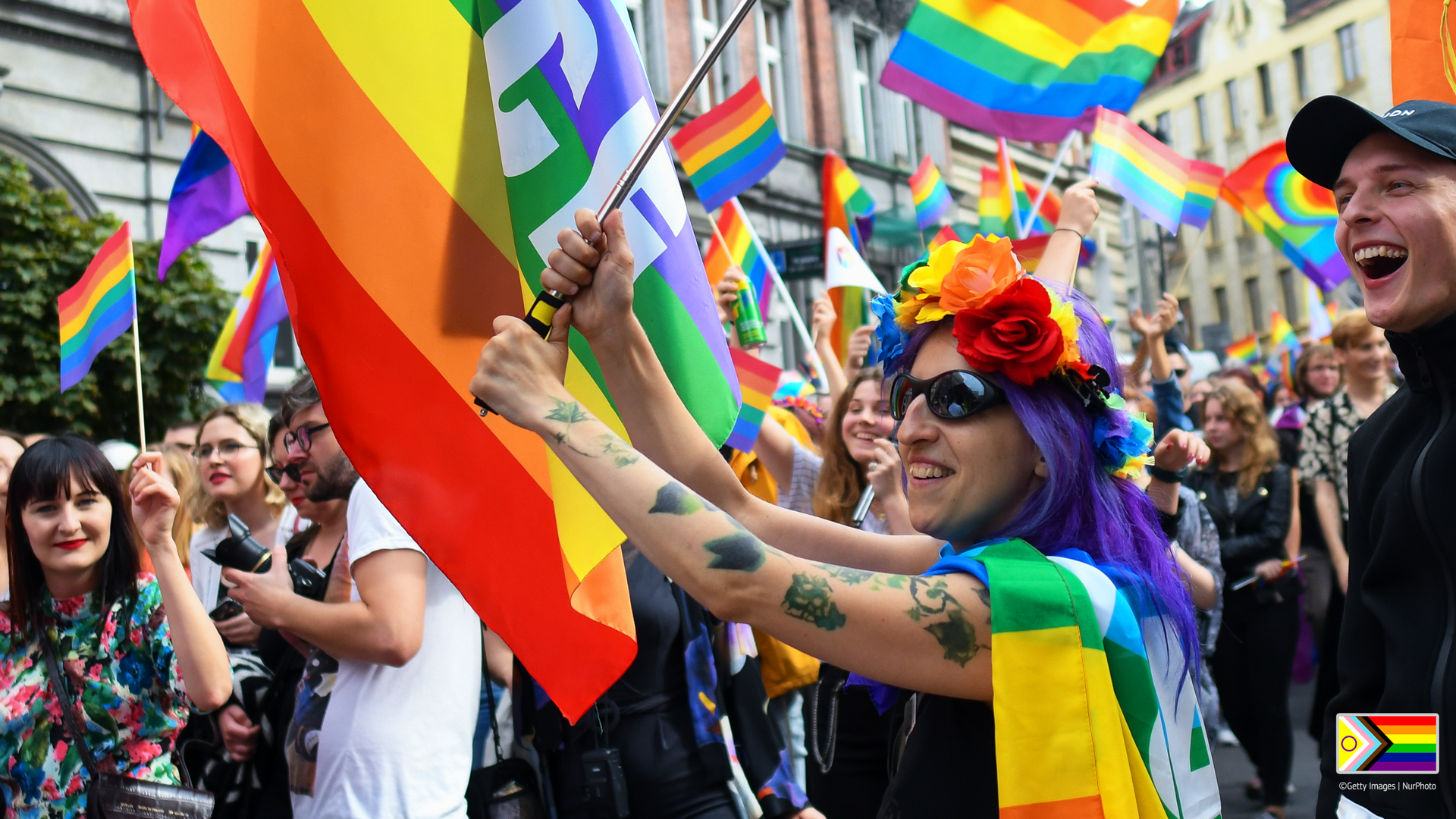

© FRVS+MPCP 2022. The European Times® News is registered as an EU Trademark. All rights reserved. The European Times® and the logo of The European Times® are EU trademarks registered by FRVS+MPCP.
Members/Partners of

About Us
Popular Category
DISCLAIMER OPINIONS: The opinions of the authors or reproduced in the articles are the ones of those stating them and it is their own responsibility. Should you find any incorrections you can always contact the newsdesk to seek a correction or right of replay.
DISCLAIMER TRANSLATIONS: All articles in this site are published in English. The translated versions are done through an automated process known as neural translations. If in doubt, always refer to the original article. Thank you for understanding.
DISCLAIMER PHOTOS: We mostly used photos images that are readily available online, from free sources, or from the people promoting the news. If by any chance it happens that we have used one of your copyrighted photos, please do not hesitate to contact us and we will take it down without question. We do not make profits as this is a not for profit project to give voice to the voiceless while giving them a platform to be informed also of general news, and it is completely free.
Editor Picks
Entertainment
Eurovision 2025: Music, Politics, and the Final 26 Set Amid Controversy and Spectacle
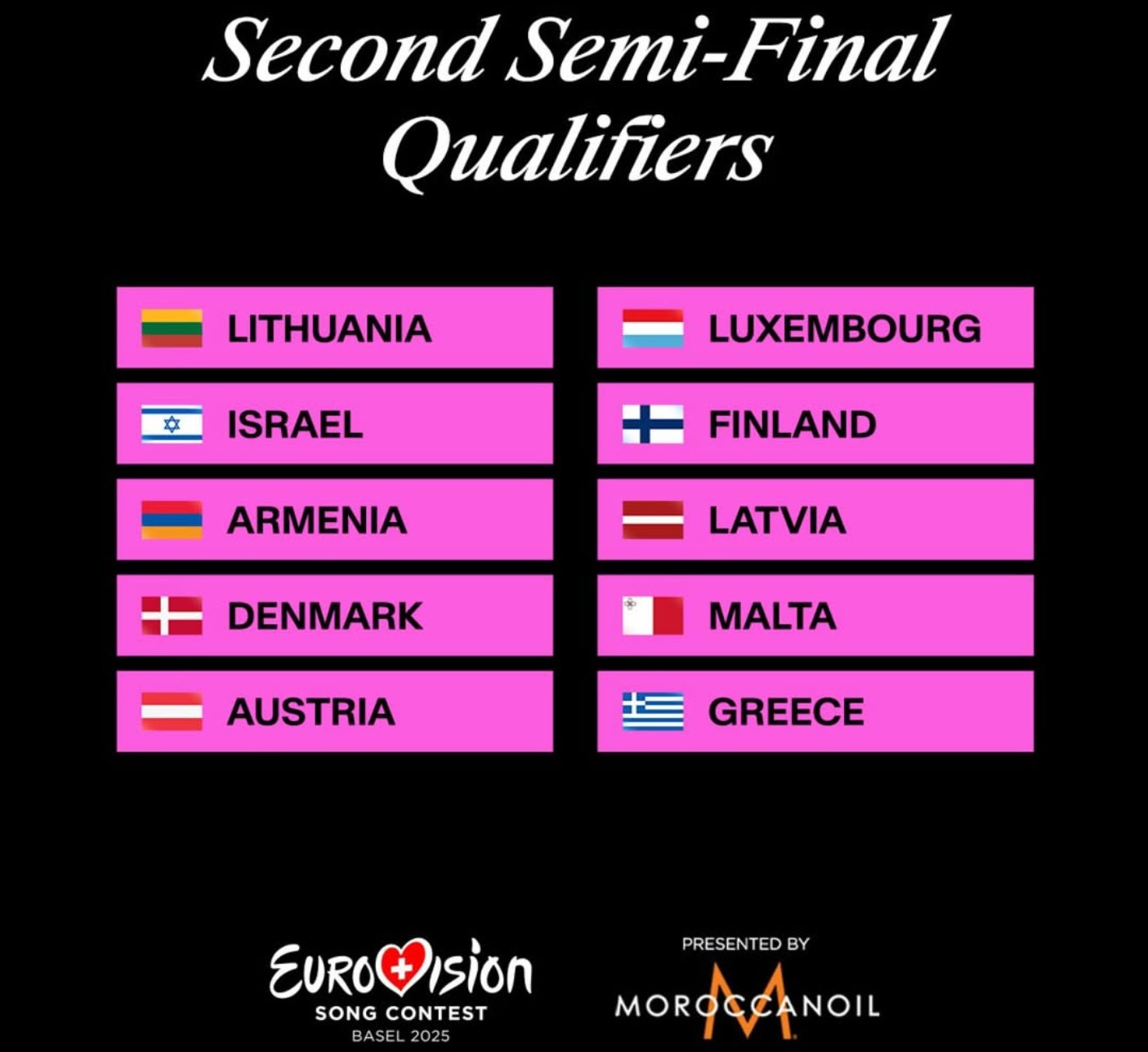
Basel, Switzerland — The stage is set for Saturday’s grand finale of the 69th Eurovision Song Contest. After two nights of glitter, drama, and high-octane performances, 26 countries have qualified to compete for Europe’s most coveted pop crown in Basel — a city historically neutral in politics but anything but neutral this year when it comes to the contest’s increasingly fraught cultural context.
The second semi-final on Thursday night saw Austria’s JJ, Malta’s Miriana Conte, and Israel’s Yuval Raphael among those securing their spots in the final. Their acts will now join Tuesday’s qualifiers such as Sweden’s sauna-loving KAJ, Ukraine’s rock band Ziferblat, and the Netherlands’ soulful balladeer Claude. But while the musical spectacle remains dazzling, the political undertones have reached an unprecedented crescendo.
A Night of Glitz and Upsets
Thursday’s semi-final, as it can be read in Euronews, was a whirlwind of vocal bravado and visual excess. Austria’s JJ delivered a baroque-pop tour de force with “Wasted Love” , blending countertenor virtuosity with modern electro beats — a performance that immediately rocketed him to bookmakers’ favorite status. Meanwhile, Malta’s Miriana Conte embraced full-on camp with her tongue-in-cheek anthem “Serving” , performed amidst giant lips and a rotating disco ball — a classic Eurovision moment if ever there was one.
Other qualifiers include Denmark, Armenia, Finland, Latvia, Lithuania, and Greece — each bringing their own distinct flavor to the mix. Luxembourg also made a triumphant return to the final after years of semi-final heartbreak, with its entrant delivering a genre-blending fusion of folk and synth-pop.
From the first semi-final on Tuesday, standout entries included Sweden’s quirky “Bara Bada Bastu” , which paid homage to the country’s beloved sauna culture, and Ukraine’s hard-rock entry “Bird of Pray” , which many are interpreting as a rallying cry amid ongoing war with Russia.
The Big Five and Host Country Automatic Qualifiers
As per tradition, the “Big Five” nations — France, Germany, Italy, Spain, and the UK — along with host country Switzerland, automatically advanced to the final, regardless of jury or public votes. These five contribute the lion’s share of funding to the European Broadcasting Union (EBU), ensuring their presence in the final no matter what.
Switzerland, hosting for the first time since 1989, has rolled out the red carpet for the continent’s biggest music event. Yet despite the Swiss reputation for neutrality, the country has found itself at the center of a maelstrom over one particular qualifier: Israel.
Israel’s Presence Dominates Political Discourse
For the second consecutive year, Eurovision has been shadowed by controversy over Israel’s participation. Yuval Raphael, who survived the Hamas attack on the Nova Music Festival on October 7, is representing Israel with “New Day Will Rise” . Her story has resonated deeply with some, yet ignited protests from others.
During Raphael’s rehearsal on Thursday, a large Palestinian flag was unfurled in the crowd — prompting swift intervention by security personnel. Organizers from Swiss broadcaster SRG SSR confirmed the individuals were escorted out of the venue.
Outside the arena, hundreds gathered in central Basel on Wednesday evening to protest both Israel’s military actions in Gaza and its presence in the competition. Many protesters pointed to the precedent set in 2022, when Russia was banned from participating following its invasion of Ukraine.
“It should be a happy occasion that Eurovision is finally in Switzerland, but it’s not,” said one demonstrator. “How can we rightfully exclude Russia but still welcome Israel?”
The EBU has maintained a firm stance: Eurovision must remain politically neutral. In response to mounting pressure, including calls from public broadcasters in Spain, Ireland, Iceland, and Belgium, the organization reiterated that participation is based solely on geographic and membership criteria, not political considerations.
More than 70 former Eurovision contestants, including last year’s winner Nemo, signed a letter urging the EBU to reconsider Israel’s inclusion. Nemo told HuffPost UK that “Israel’s actions are fundamentally at odds with the values that Eurovision claims to uphold — peace, unity, and respect for human rights.”
Despite the tension, Raphael struck a conciliatory tone in post-semi-final interviews. “We are here to sing,” she said. “And I’m going to sing my heart out for everyone.”
A City Divided, A Contest Unsettled
In a show of solidarity, a separate demonstration supporting Israel and condemning antisemitism was held in Basel on Thursday. Participants emphasized the importance of free expression and artistic representation, even amid geopolitical conflict.
With the final lineup now complete, all eyes turn to Saturday’s showdown — where jury votes and televotes will determine who takes home the glass microphone trophy.
Austrian sensation JJ, Swedish sauna serenader KAJ, and Ukrainian rockers Ziferblat are early favorites, though surprises are always part of Eurovision’s DNA.
But beyond the sequins and spotlights, Eurovision 2025 may go down in history less for its winning song and more for the questions it raises about the intersection of art, identity, and geopolitics.
As the lights dim and the final notes rise into the Basel night, one thing is clear: Eurovision remains more than just a song contest — it’s a mirror reflecting the joys, tensions, and divisions of contemporary Europe.
-

 EU & the World2 days ago
EU & the World2 days agoWho Is Valeria Marquez? About the Influencer Who Was Shot During Livestream
-
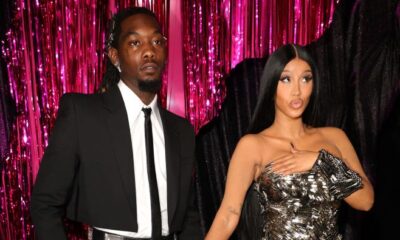
 EU & the World3 days ago
EU & the World3 days agoCardi B & Offset’s Relationship Timeline: From Marriage To Cheating Drama & Split
-

 Politics4 days ago
Politics4 days agoEU Assesses Support for Ukrainian Refugees: Challenges and Flexibility in Humanitarian Response
-
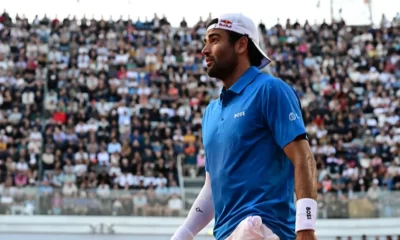
 Sports5 days ago
Sports5 days agoMatteo Berrettini forced to retire amid tears at Internazionali d'Italia
-

 EU & the World6 days ago
EU & the World6 days ago‘Suits LA’ Canceled: Inside NBC’s Cancelation of the Stephen Amell Series
-
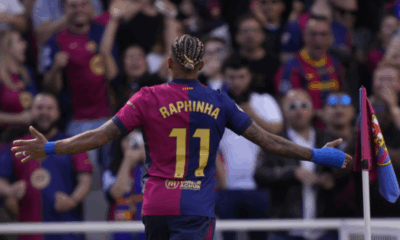
 Sports6 days ago
Sports6 days agoClásico da leggenda: Barcelona wins back Real 4-3, La Liga one step away
-
Travel3 days ago
Crete earthquake: Is it safe to travel to the Greek island following tsunami warning?
-
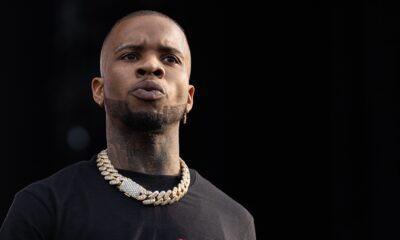
 EU & the World4 days ago
EU & the World4 days agoTory Lanez’s Net Worth: How Much Money He Makes Amid Jail Time









